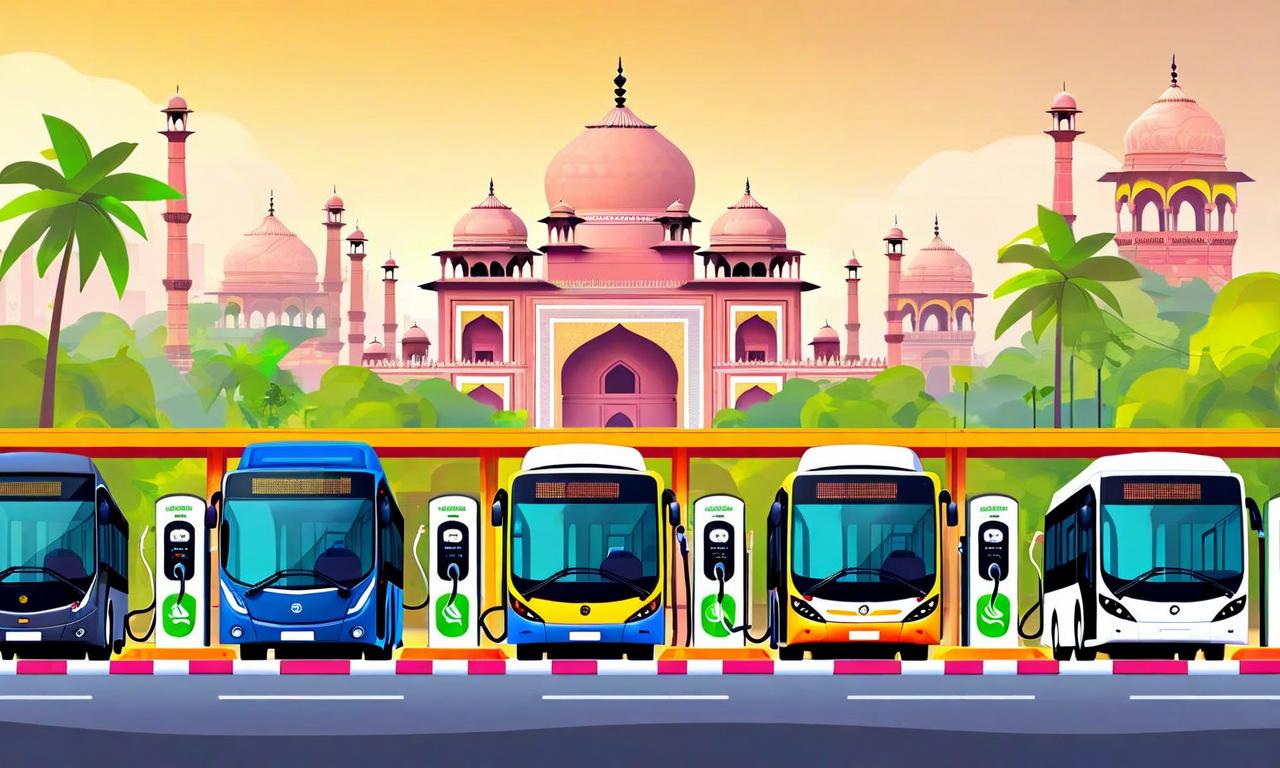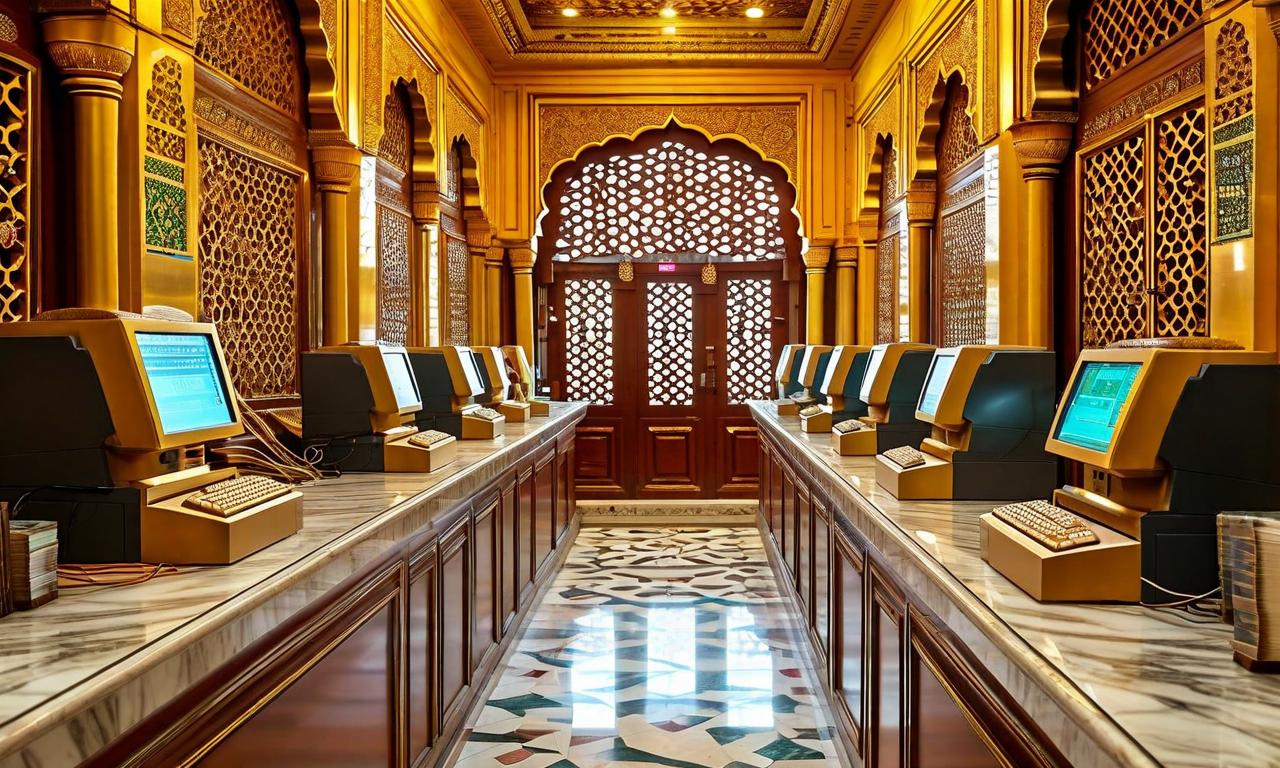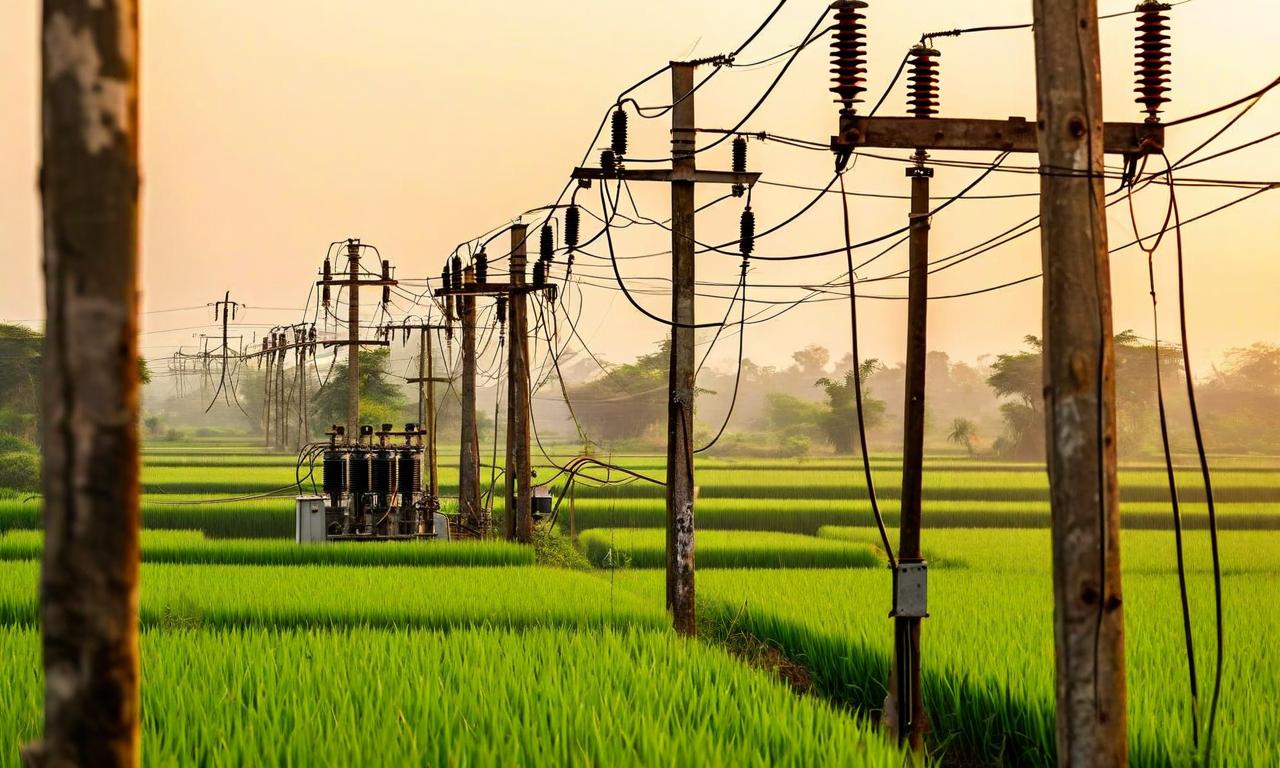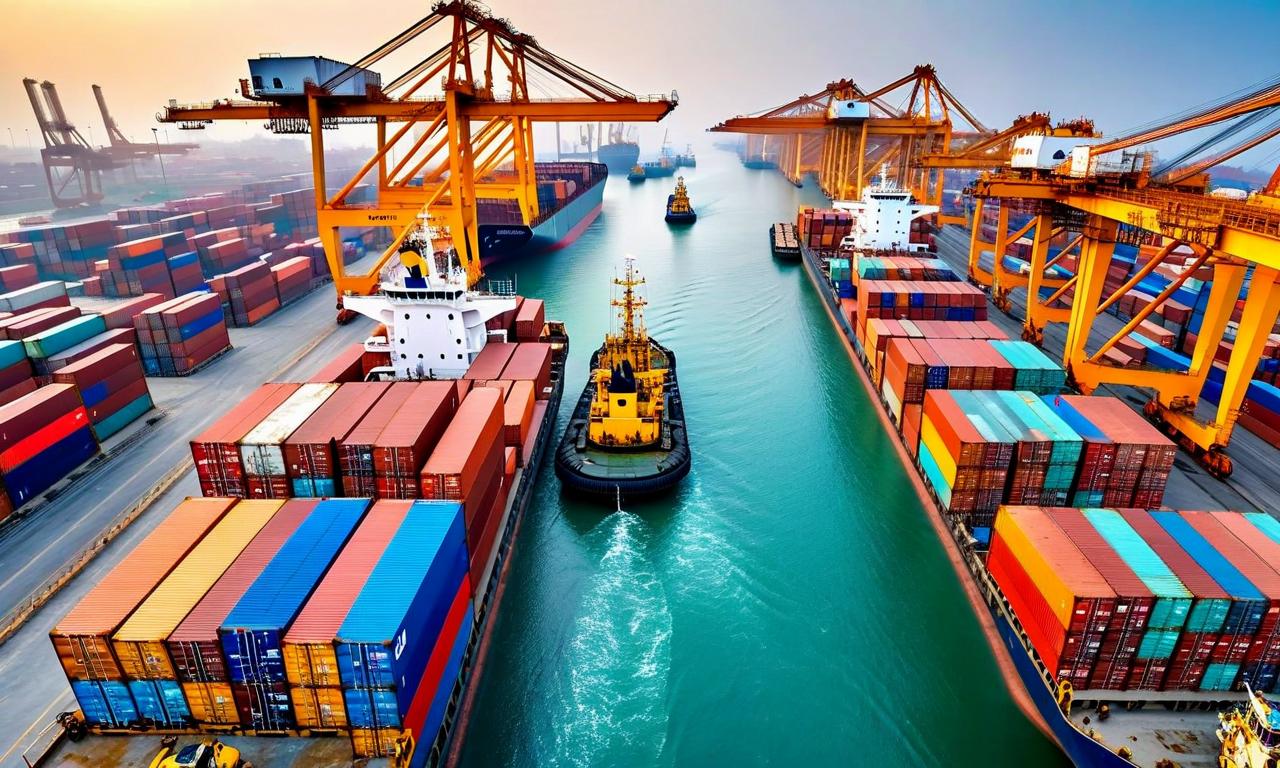CESL to Launch Massive Electric Bus Tender Across Major Indian Cities
Convergence Energy Services Ltd (CESL) is set to open bids for 10,900 electric buses on November 6, 2025, as part of the National Electric Bus Programme. The tender covers AC and non-AC buses for Bengaluru (4,500), Delhi (2,800), Hyderabad (2,000), and Surat and Ahmedabad (1,600). The project, operating under a Gross Cost Contract, aims to reduce annual CO₂ emissions by over 4 million tonnes. It includes establishing charging depots and promotes local employment with a focus on gender diversity.

*this image is generated using AI for illustrative purposes only.
Convergence Energy Services Ltd (CESL) plans to open bids for a groundbreaking tender of 10,900 electric buses, marking a significant step in India's push towards sustainable public transportation. The tender, scheduled to open on November 6, 2025, is part of the National Electric Bus Programme (NEBP) and aims to cater to multiple major Indian cities.
Tender Details
| Aspect | Details |
|---|---|
| Total Buses | 10,900 |
| Bus Types | AC and Non-AC across various categories |
| Opening Date | November 6, 2025 |
| Framework | Gross Cost Contract |
| Operator Role | Own, operate, and maintain buses |
| Payment Structure | Fixed per-kilometer fee by city authorities |
City-wise Bus Allocation
| City | Number of Buses |
|---|---|
| Bengaluru | 4,500 |
| Delhi | 2,800 |
| Hyderabad | 2,000 |
| Surat and Ahmedabad | 1,600 |
Environmental Impact
The initiative is expected to have a significant positive impact on the environment:
- Annual CO₂ emission reduction: Over 4.00 million tonnes
Additional Requirements
The project goes beyond just providing buses, encompassing several other important aspects:
- Establishment of charging depots
- Local employment generation
- Promotion of gender diversity
- Inclusion of women drivers
- Opportunities for women as maintenance engineers
This ambitious project represents a major leap in India's efforts to modernize its public transportation system while addressing environmental concerns. By introducing a large fleet of electric buses across key urban centers, CESL aims to reduce carbon emissions significantly while also creating employment opportunities and promoting gender diversity in the transportation sector.
The Gross Cost Contract framework ensures that private operators will be responsible for the ownership, operation, and maintenance of the buses, while city authorities will pay a fixed per-kilometer fee. This model is designed to optimize efficiency and ensure quality service delivery.
As India continues to grapple with air pollution and seeks to meet its climate goals, initiatives like this large-scale deployment of electric buses could play a crucial role in reshaping urban mobility and reducing the country's carbon footprint.




























